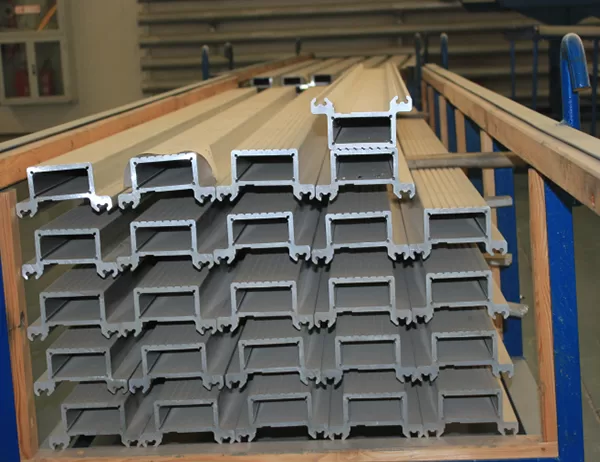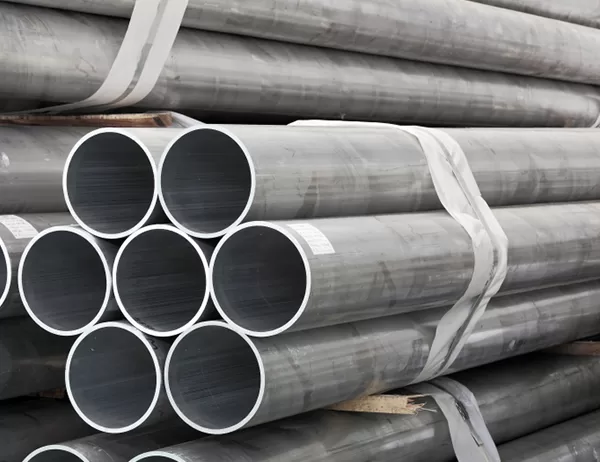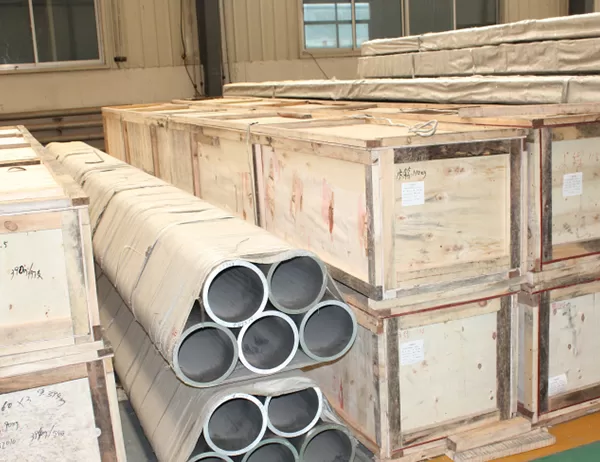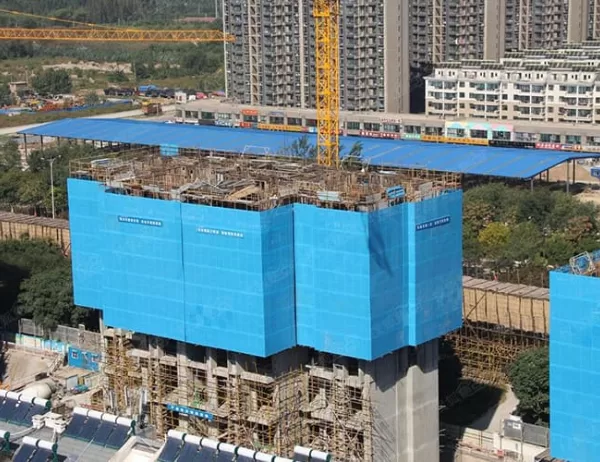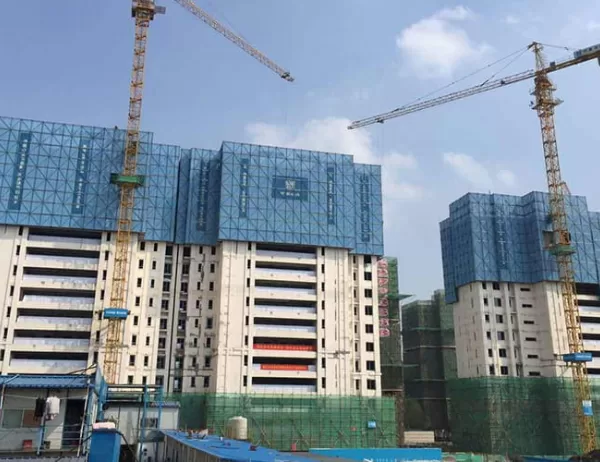Exploring the Benefits of Aluminum Profiles in Solar Panel Systems
Solar energy has emerged as a promising renewable energy source, offering numerous advantages in mitigating environmental impact and reducing dependency on fossil fuels. Solar panel systems play a crucial role in harnessing solar energy, and their efficiency and durability rely heavily on the components used in their construction. Among these components, aluminum profiles have gained significant prominence due to their exceptional properties that enhance the performance and longevity of solar panel systems.
Aluminum profiles exhibit exceptional durability and corrosion resistance, making them ideal for solar panel systems exposed to harsh outdoor conditions. The high tensile strength and low weight of aluminum enable the profiles to withstand mechanical stresses and external impacts without compromising their structural integrity. Moreover, the inherent corrosion resistance of aluminum protects the profiles from moisture, extreme temperatures, and chemical agents that can degrade other materials over time. This durability ensures the longevity of solar panel systems, reducing maintenance costs and extending their service life.
The effectiveness of solar panels relies on their ability to dissipate heat generated during operation. Aluminum profiles play a vital role in this aspect by providing excellent thermal conductivity. The high thermal conductivity of aluminum allows heat to be transferred away from the solar cells efficiently, preventing overheating and performance degradation. This efficient heat dissipation contributes to the overall performance and longevity of the solar panel system.
Despite their exceptional strength and durability, aluminum profiles are incredibly lightweight, contributing to the overall efficiency and ease of installation of solar panel systems. The reduced weight of aluminum profiles minimizes the load on the supporting structures, making them suitable for various roof types and ground-mounted installations. Moreover, the strength of aluminum allows for the construction of robust frames and mounting systems that can withstand wind loads, snow accumulation, and other external forces.
Aluminum profiles offer a range of finishes and colors, providing aesthetic appeal and design flexibility to solar panel systems. The profiles can be anodized or powder-coated to match specific architectural requirements and enhance the overall appearance of the installation. The design flexibility of aluminum profiles allows for customization to suit different roof shapes, angles, and architectural styles, seamlessly integrating solar panels into the building envelope.
Aluminum is a highly recyclable metal, contributing to the environmental sustainability of solar panel systems. The recycling process of aluminum requires significantly less energy compared to the production of new aluminum, reducing greenhouse gas emissions. By utilizing recycled aluminum profiles, solar panel manufacturers can minimize their environmental footprint and promote a circular economy.
Aluminum profiles offer a plethora of benefits for solar panel systems, including enhanced durability, corrosion resistance, optimized heat dissipation, lightweight construction, aesthetic appeal, design flexibility, and environmental sustainability. By incorporating aluminum profiles into the design of solar panel systems, manufacturers can create robust, efficient, and long-lasting solutions that harness the power of the sun while minimizing their impact on the environment. As the demand for renewable energy sources continues to grow, aluminum profiles will undoubtedly play an increasingly critical role in the advancement and widespread adoption of solar panel systems globally.
